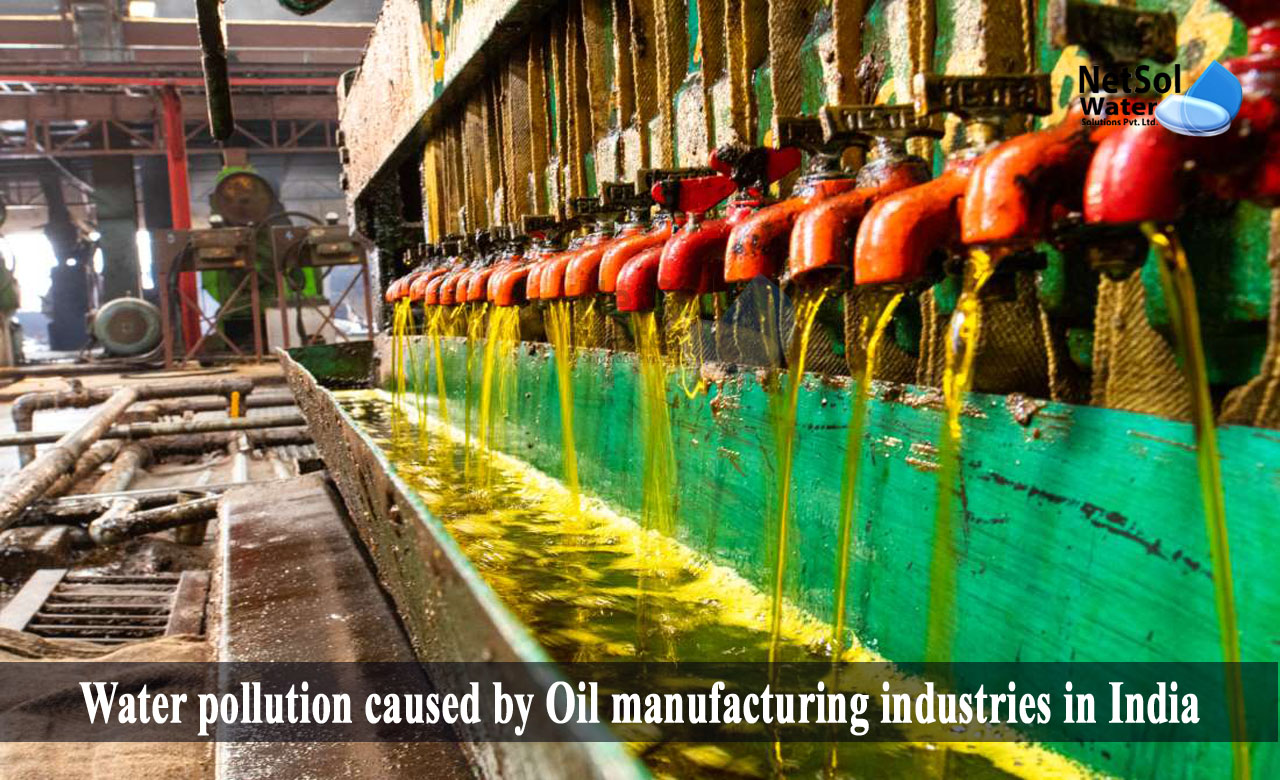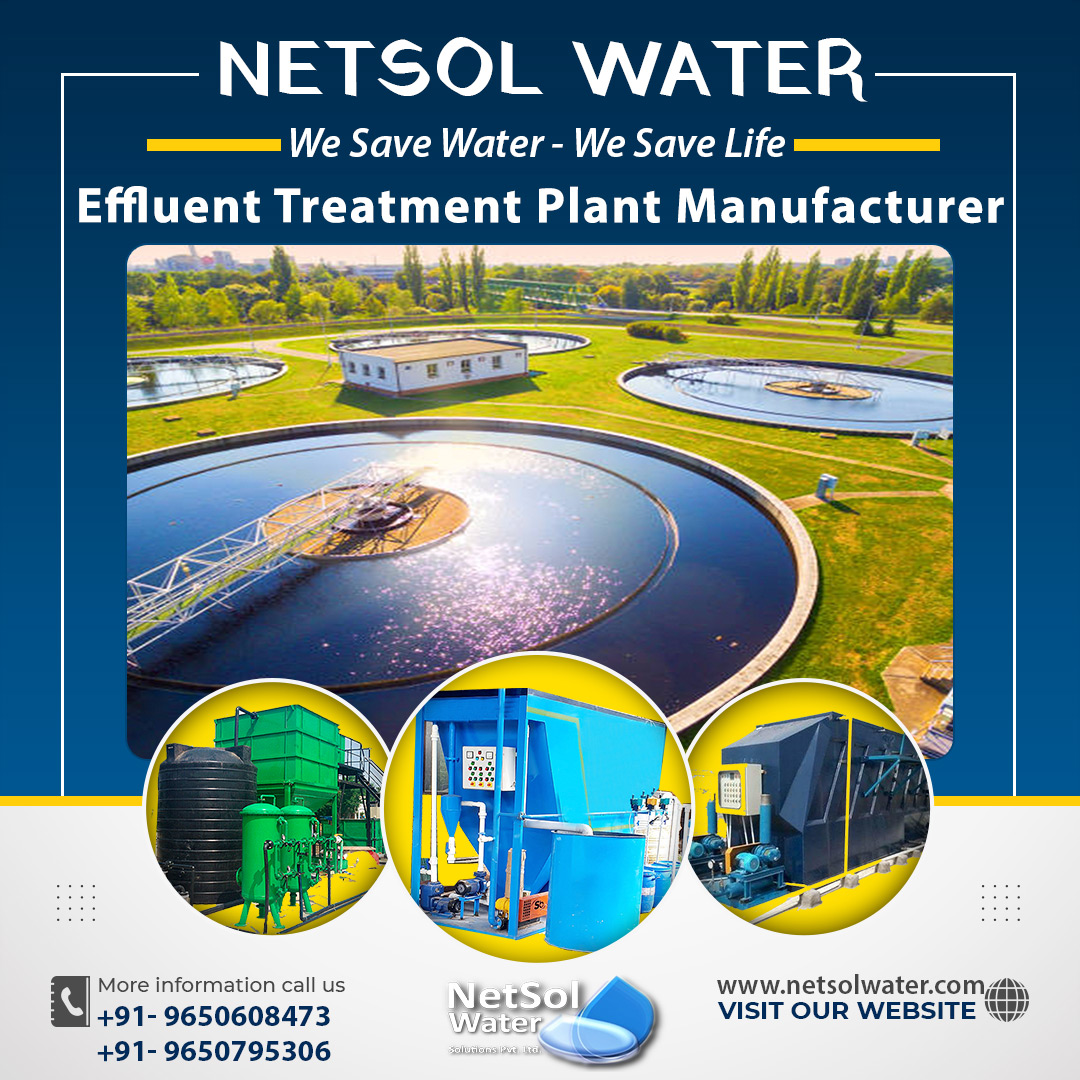The oil and natural gas industry is the industry that generates the energy, required to carry out modern human and industrial activities. This means that their actions have a direct impact on resource sustainability, the environment, and the rest of the industries and sectors.
Let’s see the effect of water pollution caused by oil manufacturing industries in India, and their effective treatment.
Oil and gas industry undergo three main activities:
1. Crude oil and natural gas extraction;
2. The separation of crude oil into its constituent fractions;
3. Using oil derivatives and natural gas to generate energy.
This industry is a major consumer of both fresh surface and underground water.
One of the main objectives for this industry today is to reduce water demand, which entails proposing wastewater reuse as a mandatory practice, in order to save resources and raw materials, and to meet the principles of economic and environmental sustainability of the Oil & Gas industry.
Reuse of treated wastewater in oil and gas sector
Wastewater that has been properly treated can be reused in a variety of ways, including:
1. Green space irrigation
2. Network of anti-fire flow
3. Refrigeration units
4. Boilers
5. Water for cleaning cars, trucks, and other vehicles.
To ensure the long-term viability of this resource and the Oil & Gas industry, the principles of the circular economy of water, in which wastewater becomes a resource, must be applied.
Types of pollutants in oil manufacturing industry wastewater
Wastewater from the oil and gas industry can be very diverse and fluctuate in each plant (oil extraction, cracking, oil and gas utilization, etc.), but it has basic characteristics such as the following:
1. High oil, fat, and hydrocarbon content.
2. Organic matter dissolved.
3. Crude oil traces.
4. High suspended solids content.
5. Extremely viscous.
6. Soluble salts
7. Precious metals.
How to solve Water pollution caused by Oil manufacturing industries?
The treatment of this wastewater necessitates the use of engineering that can provide integrated, robust, but adaptable solutions that combine innovative technologies with very efficient application, and the ability to be optimized. These technologies must produce high-quality treated water that can be reused.
API, CPI, and DAF technologies are the most efficient in the separation of oils, fats, and hydrocarbons:
1: API: These include special tanks in which heavier sediments are naturally separated. API scrapers collect and remove light, low-density, buoyant substances from the water.
2: The CPI (corrugated plate interceptor): It is a coalescing plate separator used for oil and hydrocarbon separation.
3: DAF (Dissolved Air Flotation): Thisequipment allows for the flotation of suspended solids and colloidal substances, for separation from water after a coagulation-flocculation process is used to group these solids and colloids.
Activated carbon and Advanced oxidation technologies help in treating the dissolved pollutants:
1: Activated carbon adsorption: Physical adsorption and chemical adsorption are two types of activated carbon adsorption.
Physical adsorption is reversible and has no adsorbate selectivity. When activated carbon becomes saturated with adsorbates, it is simple to desorb.
Chemical adsorption, on the other hand, adsorbs only one or a few specific adsorbates, which is irreversible and difficult to desorb.
2: Advanced oxidation processes: AOPs are advanced oxidation processes that can oxidize pollutants by producing free radicals. These pollutants cannot be degraded by a standard oxidizing agent.
How can we assist?
Netsol Water has aided in the resolution of hundreds of water-related problems, by utilizing a wide range of specialized water treatment and wastewater treatment technologies, in many oil manufacturing industries of India.




